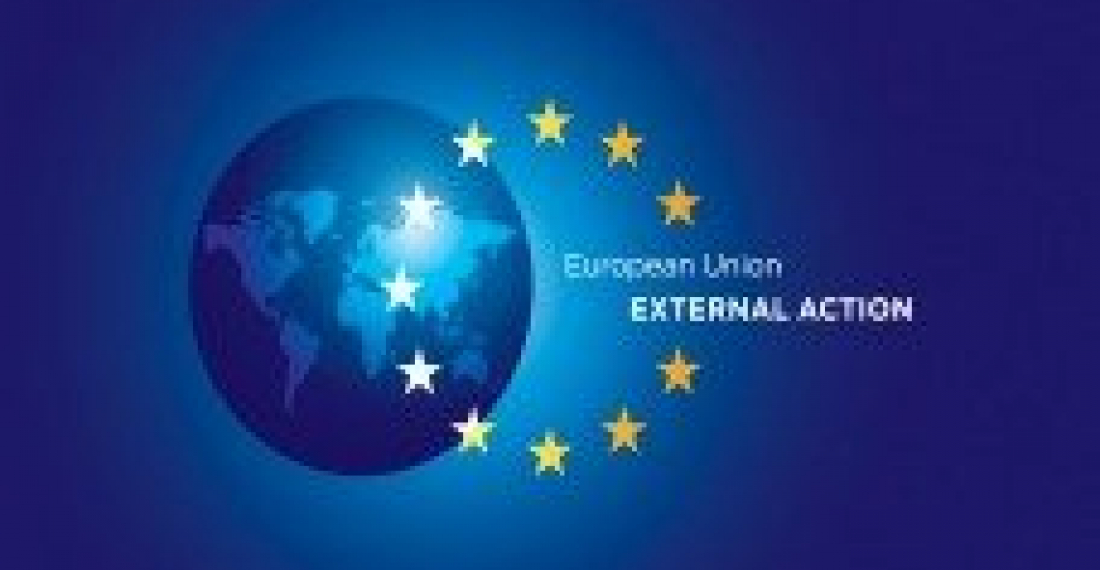A European Union report just published says that throughout the coronavirus pandemic there have been coordinated campaigns running across EU Member States and neighbouring regions, promoting false health information and disinformation about the EU and its partners, including from foreign state-controlled media and social media channels.
Reports indicate that there are continued efforts at deflecting blame for the outbreak of the pandemic, involving both overt and covert tactics.
Analysis by EEAS Stratcom and external groups shows that highly harmful disinformation about COVID-19/Coronavirus is going particularly viral in smaller media markets within and outside the EU, where tech companies face lower incentives to take adequate counter-measures.
The EU reports says that disinformation, myths and misinformation continue to proliferate around the world, with potentially harmful consequences for public security, health and effective crisis communications. In this context, it is important to distinguish the very different forms of mis- and disinformation, as well as other forms of information manipulation. Not all, but some of this activity is linked to intentional and coordinated activities, often carried out by state or state sponsored actors. It adds:
"State-controlled sources targeting audiences in the EU, Eastern Partnership countries, the Western Balkans and the MENA region continue to portray the EU and its partners as ineffective, divided and cynical in their response to the COVID-19. As such, the pandemic is repeatedly presented as a weakness of democratic systems to effectively deal with the crisis. A coordinated disinformation from Russia and the Syrian regime is conducted to discredit the latest OPCW report, while blaming the US for the lack of medical assistance to Syrian refugees in the camps of Al Rukban and Al Hol, claiming that the US are diverting the UN aid from Syrian refugees to terrorist groups.
At the same time, we see continued and coordinated push by some actors, including Chinese sources, to deflect any blame for the outbreak of the pandemic and highlighting bilateral assistance. Many reports confirm a high level of coordination between different parts of the Chinese system in messaging and amplification of messages across different languages and communication channels, including the use of overt and covert tactics."
You can read the report in full here
The report, prepared by the Stratcom Task Foce, a special unit embeded within the European External Action Service, was itaself the focus of considerable media interest last week.
On Saturday, Reuters News Agency reported that China sought to block the report alleging that Beijing was spreading disinformation about the coronavirus outbreak, according to four sources and diplomatic correspondence reviewed by Reuters.
The report was eventually released, albeit just before the start of the weekend Europe time and with some criticism of the Chinese government rearranged or removed, a sign of the balancing act Brussels is trying to pull off as the coronavirus outbreak scrambles international relations.
The Chinese Mission to the EU was not immediately available for comment and China's Foreign Ministry did not immediately respond to faxed questions about the exchange. An EU spokeswoman said "we never comment on content or alleged content of internal diplomatic contacts and communication with our partners from another countries." Another EU official Reuters said that the disinformation report had been published as usual and denied any of it had been watered down.
Four diplomatic sources told Reuters that the report had initially been slated for release on April 21 but was delayed after Chinese officials picked up on a Politico news report hat previewed its findings.
A senior Chinese official contacted European officials in Beijing the same day to tell them that, "if the report is as described and it is released today it will be very bad for cooperation," according to EU diplomatic correspondence reviewed by Reuters.
The correspondence quoted senior Chinese foreign ministry official Yang Xiaoguang as saying that publishing the report would make Beijing "very angry" and accused European officials of trying to please "someone else" - something the EU diplomats understood to be a reference to Washington.
The four sources said the report had been delayed as a result, and a comparison of the internal version of the report obtained by Reuters and the final version published late Friday showed several differences.
source: commonspace.eu with Reuters and euvsdisinfo.eu







